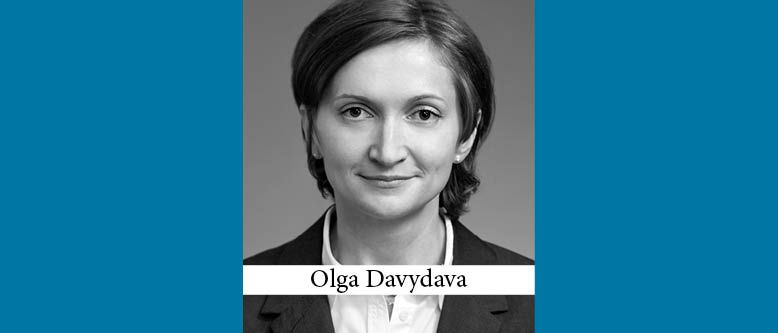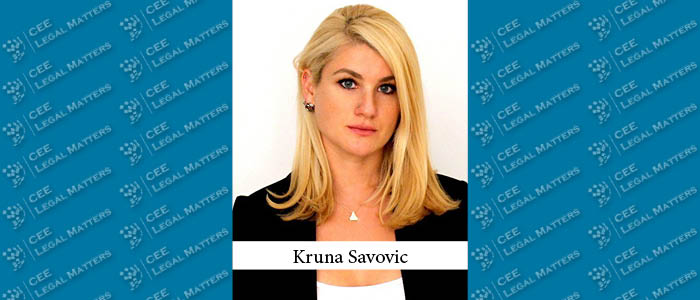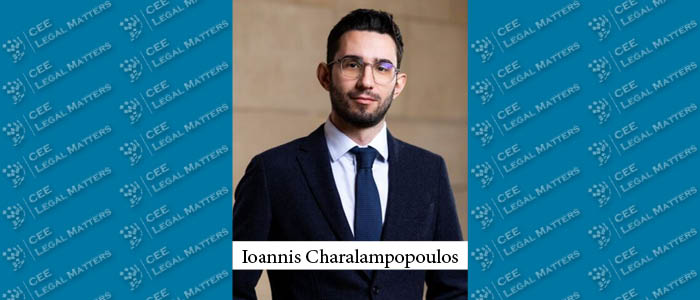“From the perspective of a finance lawyer, my general observation is that the biggest problem is of course the political issue,” says Herbert Smith Freehills Partner Olga Davydava, referring to the sanctions imposed by the United States and European Union. “The political situation really affects the legal market.”
“While it is a quite stable situation from the legislative perspective and no new sanctions having a significant impact on business (other than certain specific SDN nominations) have been imposed since August 2018,” Davydava says, “there are various new draft laws being introduced in the US, which may impose new sanctions against Russia.” This, she reports “raises a general concern in the business community, somewhat destabilizes the situation, and creates uncertainty as to the legal framework."
Because of the uncertain circumstances, Davydava says, “it is sometimes difficult to give specific advice to clients on risks because a purely legal interpretation leads to one result, but when you take into account the political aspect then the result may be different." As a result, she says, "risk assessment and analysis for clients when making business decisions associated with Russia has become more challenging."
"We really can see how it affects investors and how it affects international banks considering lending,” she says, describing it as “an interesting time.” Having said that, Davydava notes that international banks have significant liquidity, which they need to invest to generate profit for their shareholders. "We see and hear from our contacts in different Russian and international banks that, despite the political challenges, Russia remains an attractive jurisdiction with good risk/margin balance."
On the brighter side, Davydava says, there have been a few changes in Russian laws to help local businesses. One of these changes, she says, is a law on syndicated loans which came into effect last year. “The law changed the market to the effect that the main Russian banks have started lending on the basis of Russian law syndicated facilities more often. Previously this was not a frequently used instrument, because the law was not clear,” she explains. “Now the law has made it clearer how a syndicated loan would work under Russian law.”
Another significant change involves the introduction of a new instrument called a "project finance factory," Davydava says, which provides a legislative framework for financing certain kinds of projects with government support through Vnesheconombank. “Obviously Russia needs to develop its infrastructure,” she says. “And again, given the sanctions environment and the resulting limited access to international lenders – which are not as available to Russian borrowers as they used to be – the instrument is a necessary measure.” According to her, Vnesheconombank together with other lenders will finance new projects on the basis of the principle of project financing. “It is a good initiative, which helps the projects Russia needs obtain the financing to develop.”
Finally, she says, Russia’s legal market has not experienced any major changes recently. While some international law firms have left the market in the last few years, “the big players, who were always here, remain here.” In addition, the 2018 draft law which would, in Davydava’s words, have made it “super difficult for international law firms to work on this market,” was not approved. “We have not heard anything new, as it caused controversy among major corporations, including state-owned ones,” the Herbert Smith Freehills partner says. “They understood the value of having international law firms on international deals, since they require international experience. Therefore, big Russian corporations did not support the initiative, which is good for us of course.”






























